
Prabin Gurung underscores the power of inclusive cooperatives and regenerative practices to uplift smallholder farmers and transform Nepal’s economy.
He is Knowledge Management and Communication Manager at Heifer International Nepal. This ANDE member organization aims to improve food systems to significantly improve the livelihoods of smallholder farmers and drive economic prosperity.
Could you share your perspective on the current state of the sector?
Agriculture is central to Nepal’s economy, yet smallholder farmers, especially women remain underserved despite their critical role in food systems. Grounded in the principles of sustainable, locally led development, Heifer places women, youth, marginalized and climate vulnerable groups at the heart of its work, fostering a culture of belonging and ensuring that every solution reflects local and indigenous knowledge, values, and context. By strengthening self-help groups, women-led cooperatives, and producer organizations, Heifer builds social capital and collective agency, empowering communities to lead their own transformation.
In pursuit of its mission to end hunger and poverty while caring for the Earth, Heifer collaborates with governments, private sector actors, and civil society to support smallholder farmers in adopting regenerative practices, accessing inclusive markets, and shaping policies.
This holistic approach not only lifts communities out of poverty but also unlocks generational opportunity and drives systemic change across Nepal’s agri-food landscape.
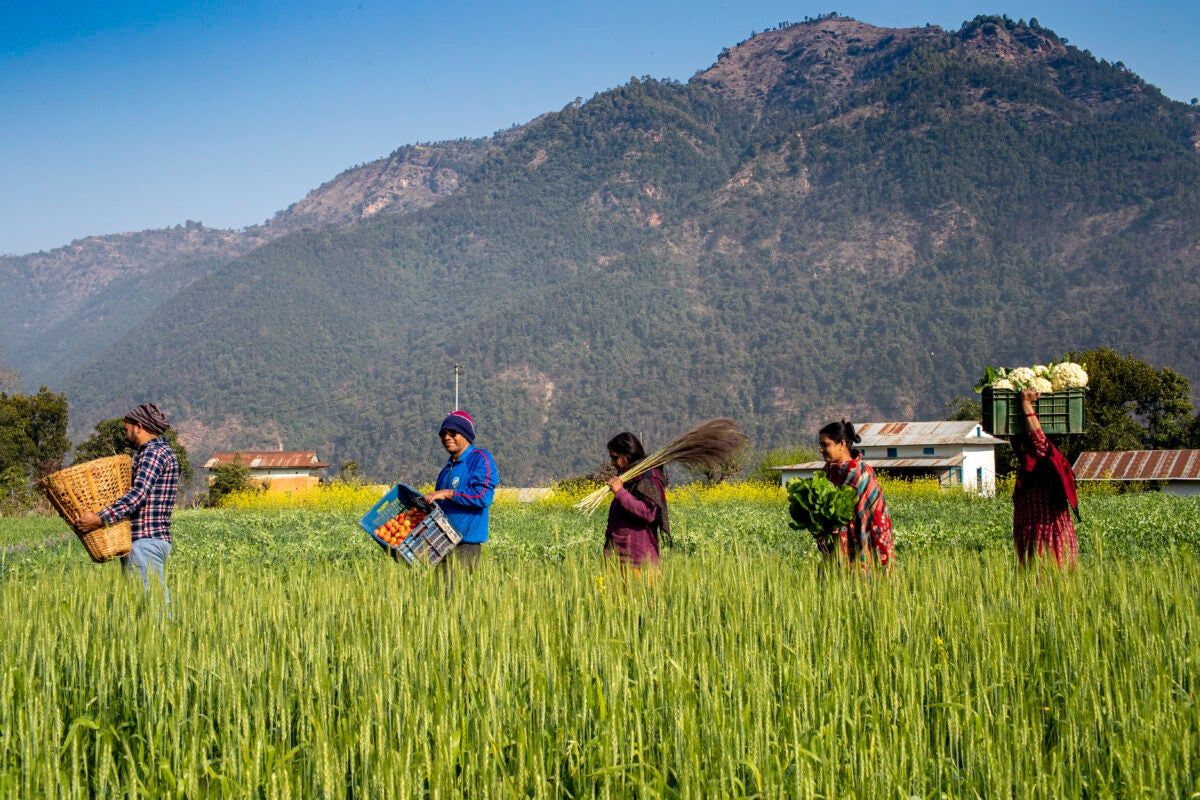
What ongoing programs support entrepreneurship, and what opportunities for collaboration exist with Heifer International Nepal?
Heifer International Nepal partners with 300 women-led cooperatives across 50 districts, organizing smallholder farmers, especially women, into self-help groups and cooperatives. This collective model builds leadership, economic independence, and community resilience.
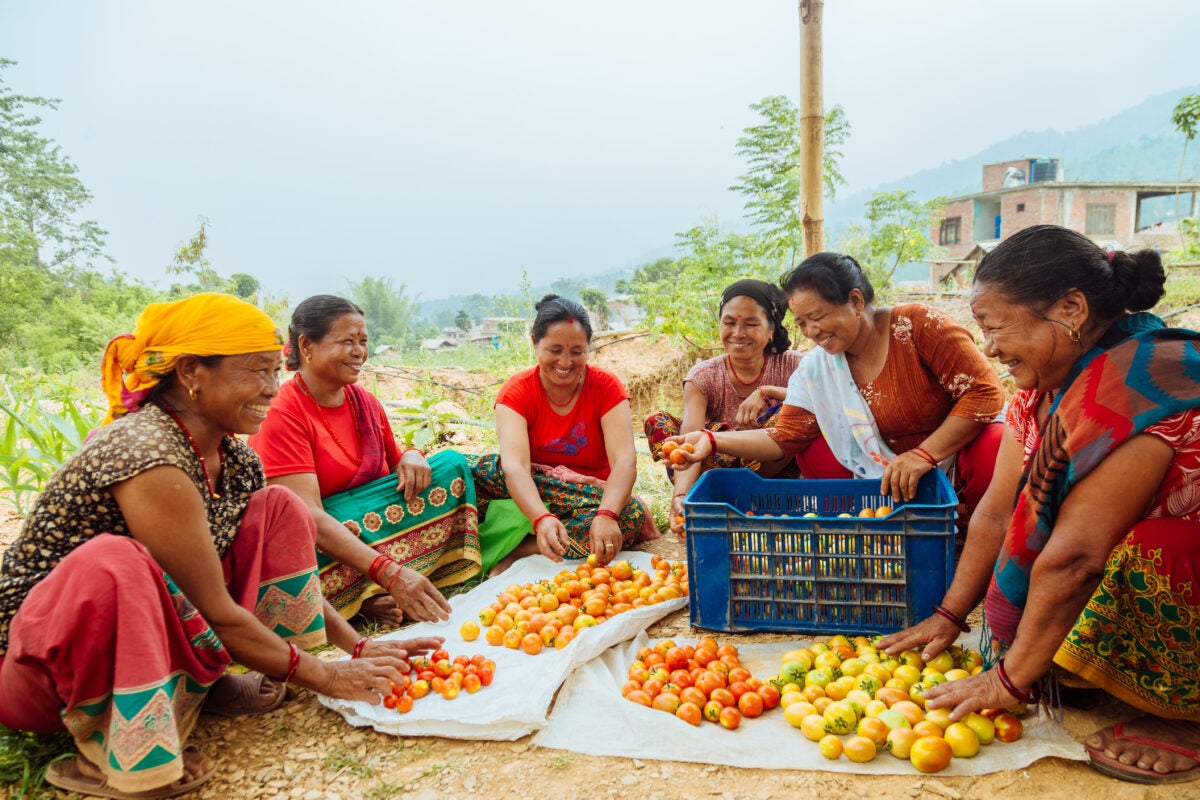
Our programs strengthen cooperative capacity and expand access to markets, finance, and policy support, enabling the growth of sustainable and profitable agri-businesses. Supported cooperatives are branding high-value products such as Galdha Ginger, Thorgeli Jaggery, and Chandra Surya Turmeric, helping farmers secure better prices, restore natural resources, and build dignified livelihoods.
We connect farmers with buyers, mentors, financial institutions, and policymakers to help them lead Nepal’s agricultural transformation. For example, Galdha SEWC in Palpa achieved remarkable growth, exporting 4,460 kg of organic-certified dried ginger to Europe in 2023, up from 850 kg the previous year. Over the past four years, the cooperative has exported a total of 105,573 kg of organic ginger, including beans. Strategic partnerships, such as Aqysta Nepal, have opened access to European markets.
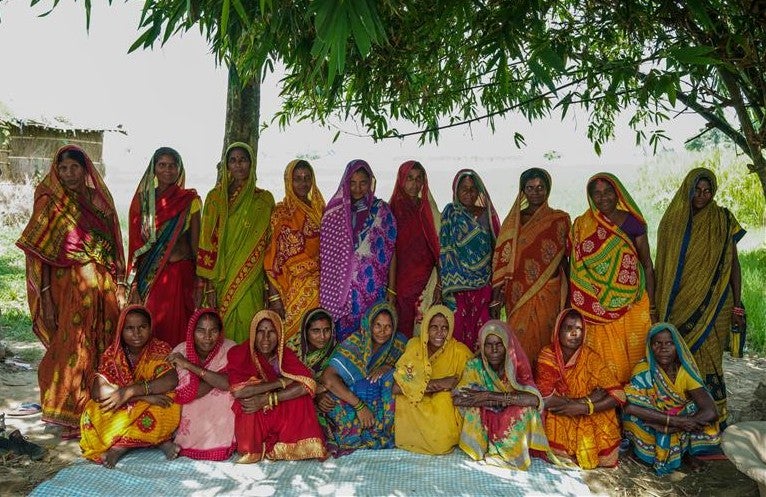
Heifer Nepal welcomes collaboration with organizations sharing our mission to amplify impact and advance rural entrepreneurship and sustainable development across Nepal.
Together, we can unlock generational opportunities for rural entrepreneurs and drive systemic change across Nepal’s agri-food and enterprise landscape. By championing inclusive, locally led enterprise development, we strengthen community resilience and foster dignified livelihoods. Our approach contributes directly to the Sustainable Development Goals (SDGs), promoting economic equity, food security, and gender inclusion at the grassroots level.
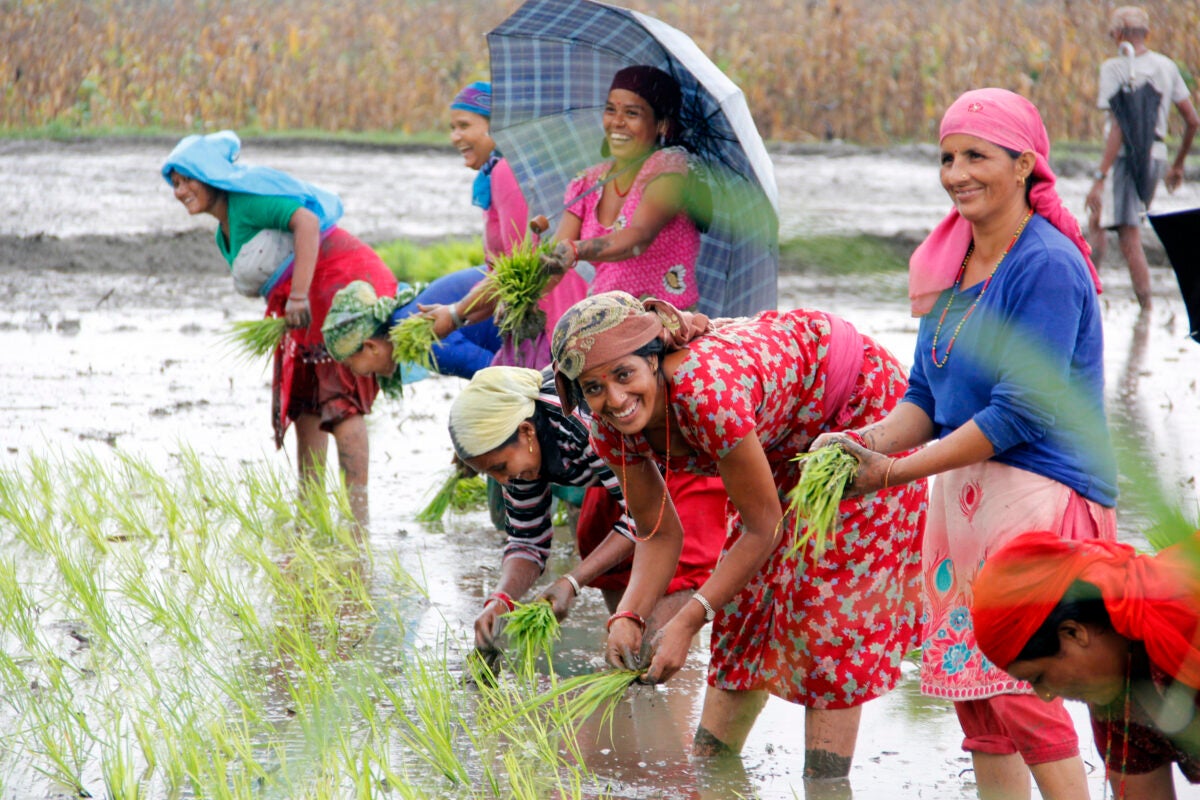
What advice would you give to aspiring entrepreneurs seeking to build environmentally conscious businesses?
Aspiring entrepreneurs should begin by embracing an inclusive, community-centered approach to business. Environmentally conscious enterprises thrive when they are rooted in the needs, strengths, and leadership of local communities. At Heifer, we believe that sustainable locally led solutions are key to driving lasting impact. These approaches empower communities to build long-term social, economic, and environmental resilience.
Women, youth, and marginalized groups play a pivotal role in advancing innovation and sustainability, making their inclusion essential to any transformative effort. Entrepreneurs should design business models that regenerate natural resources rather than merely sustain them. By adopting practices such as climate-smart agriculture, circular production systems, and organic farming, they can restore ecosystems while strengthening livelihoods.
To scale impact and embed businesses within broader systems of change, entrepreneurs must build strong partnerships with cooperatives, NGOs, and government institutions. Measuring environmental and social outcomes and sharing stories transparently is also critical. This builds trust, attracts values-aligned collaborators, and inspires others to pursue meaningful, community-driven change.
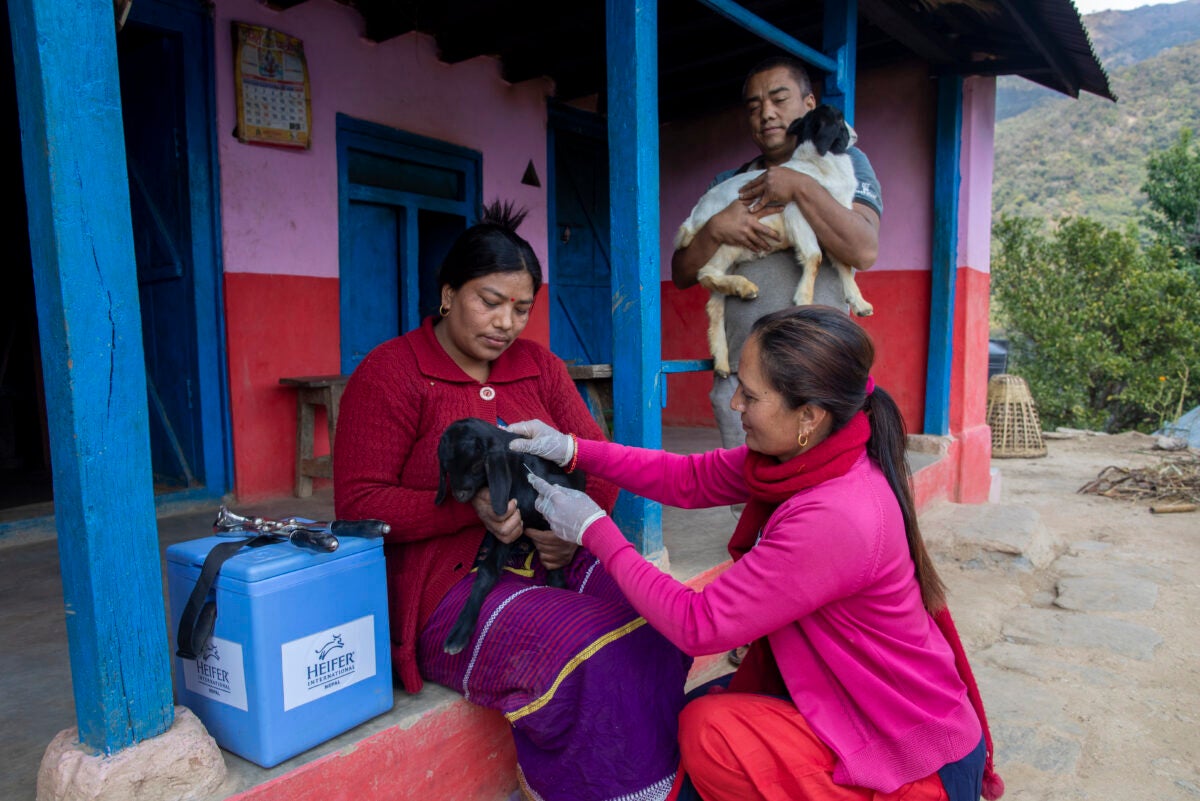
ANDE Expert Excerpts is a platform designed to spotlight regional voices working at the intersection of entrepreneurship, climate, and environmental sustainability across Asia. Through curated blog posts, we highlight real-world insights and evidence from practitioners, and ecosystem builders.
